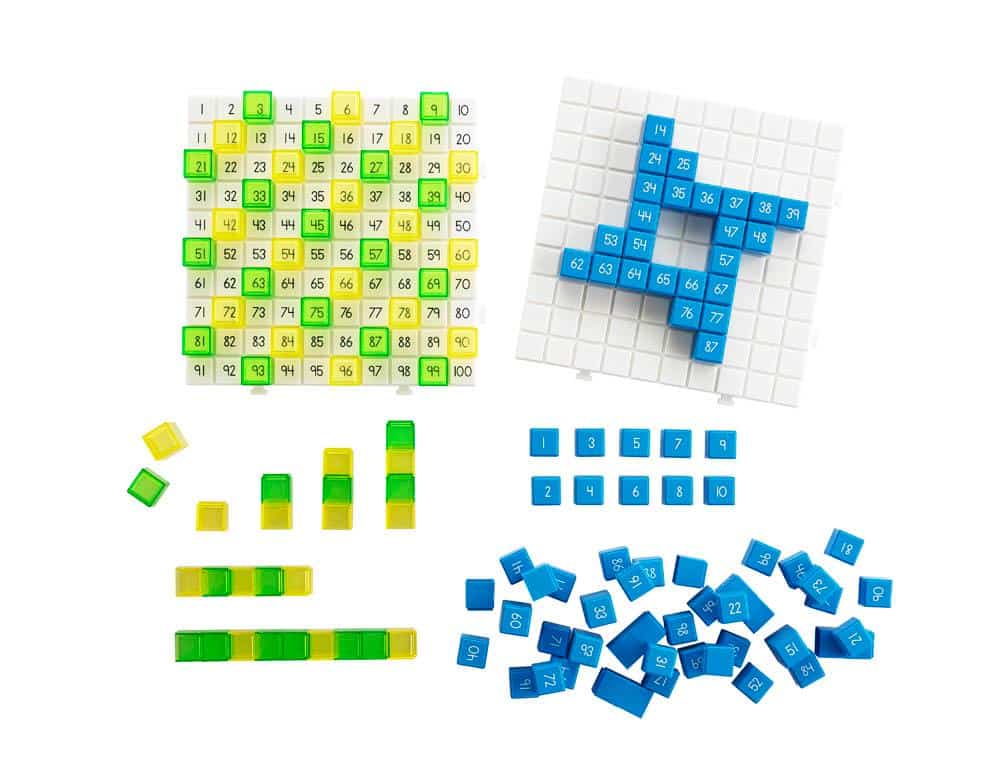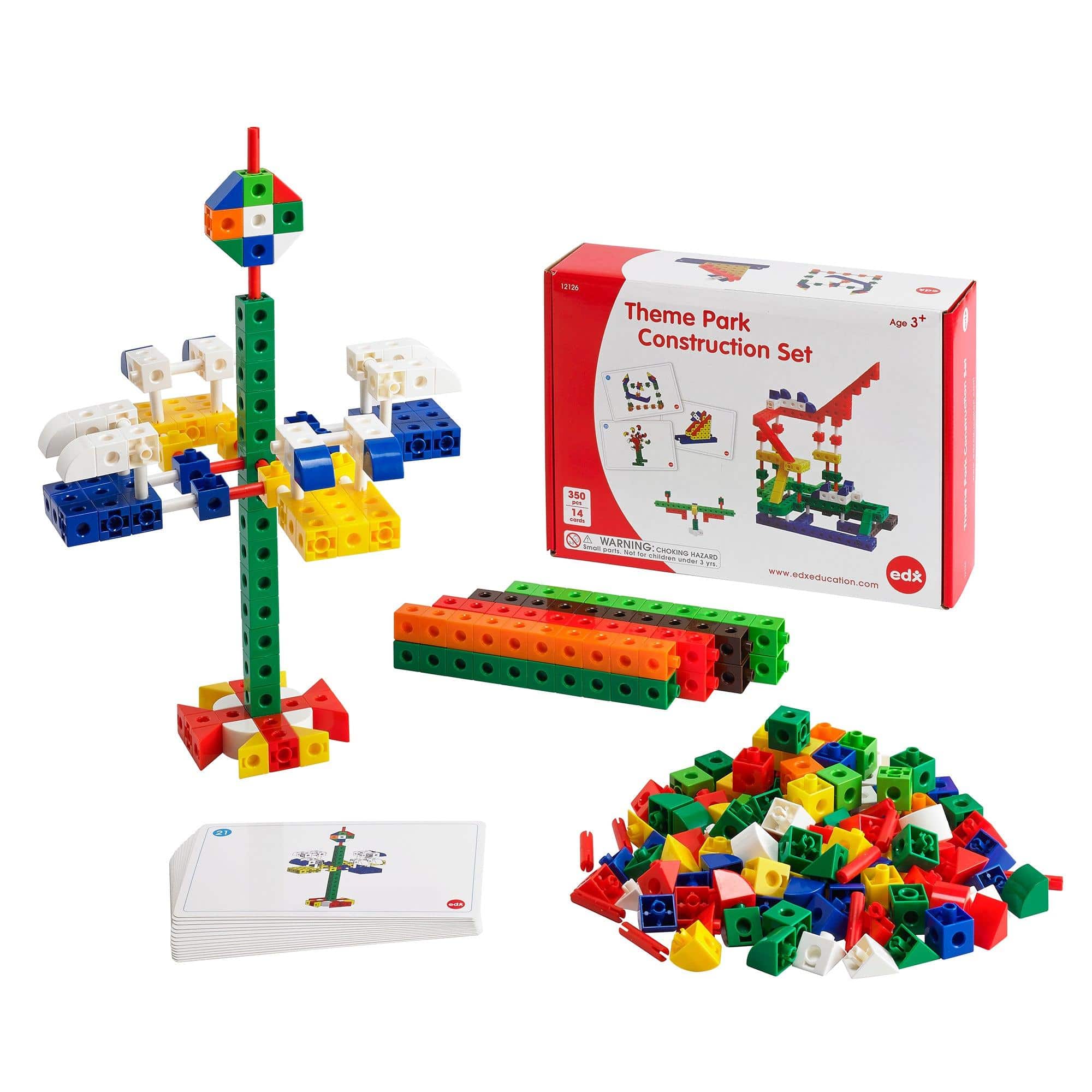The Relationship Between Toys and Mathematical Thinking Skills
Introduction
When it comes to child development, toys play a crucial role in enhancing various skills, including mathematical thinking. The right toys can stimulate a child’s curiosity, problem-solving abilities, and spatial reasoning, all of which are foundational to developing strong mathematical thinking skills. In this article, we will explore how toys can positively impact a child’s mathematical abilities and highlight some essential features to consider when choosing toys for this purpose.
The Benefits of Toys for Mathematical Thinking
Playing with toys offers numerous benefits for a child’s mathematical thinking skills. Some key advantages include:
- Enhancing logical reasoning: Toys that involve puzzles, building blocks, or sequencing tasks require children to think logically and systematically. By solving these challenges, children develop critical thinking skills, which are essential for mathematical reasoning.
- Promoting problem-solving abilities: Toys that encourage problem-solving, such as math manipulatives or construction sets, provide children with the opportunity to apply mathematical concepts in real-life situations. This promotes analytical thinking and problem-solving abilities, fostering a deeper understanding of mathematical principles.
- Developing spatial reasoning skills: Toys like shape sorters, jigsaw puzzles, or building sets require children to visualize and manipulate objects in their mind’s eye. By engaging in these activities, children develop spatial reasoning skills, which are crucial in geometry and measurement.
- Fostering number sense: Toys that incorporate numbers, counting, or patterns, like counting bears or mathematical board games, help children develop a strong number sense. They learn to recognize and understand numerical patterns, which lays the foundation for more advanced mathematical concepts.
- Encouraging mathematical communication: Certain toys, such as board games or math-related apps, offer opportunities for children to discuss strategies, solve problems collaboratively, and explain their mathematical thinking to others. This fosters mathematical communication and strengthens their understanding of mathematical concepts.
Key Features to Consider
When selecting toys to enhance a child’s mathematical thinking skills, it is essential to consider certain features. Here are some key features to look out for:
- Open-endedness: Toys that allow for multiple ways of play and exploration are ideal for promoting mathematical thinking. They encourage creativity, problem-solving, and the use of multiple mathematical concepts.
- Hands-on manipulation: Toys that require physical manipulation, such as building sets or math manipulatives, enable children to engage with mathematical concepts in a tangible way. This hands-on approach enhances understanding and retention.
- Real-world connections: Toys that relate to real-life situations or provide practical applications for mathematical concepts help children understand the relevance of mathematics in everyday life. They can see the connection between theoretical concepts and their practical use.
- Progressive challenge: Toys that offer different levels of difficulty or allow for increasing complexity and challenge as children progress are advantageous. This ensures that children continue to be engaged and stimulated as they develop their mathematical thinking skills.
- Age appropriateness: Select toys that are suitable for your child’s age and development stage. This ensures that the toy aligns with their current mathematical abilities and promotes gradual growth and skill-building.
Conclusion
Toys play a significant role in fostering a child’s mathematical thinking skills. By providing engaging and educational toys, parents, caregivers, and educators can actively support a child’s mathematical development. The benefits of toys for mathematical thinking include enhancing logical reasoning, promoting problem-solving abilities, developing spatial reasoning skills, fostering number sense, and encouraging mathematical communication. When choosing toys, consider their open-endedness, hands-on manipulation, real-world connections, progressive challenge, and age appropriateness. By considering these features and providing the right toys, we can help nurture strong mathematical thinking skills in children.


